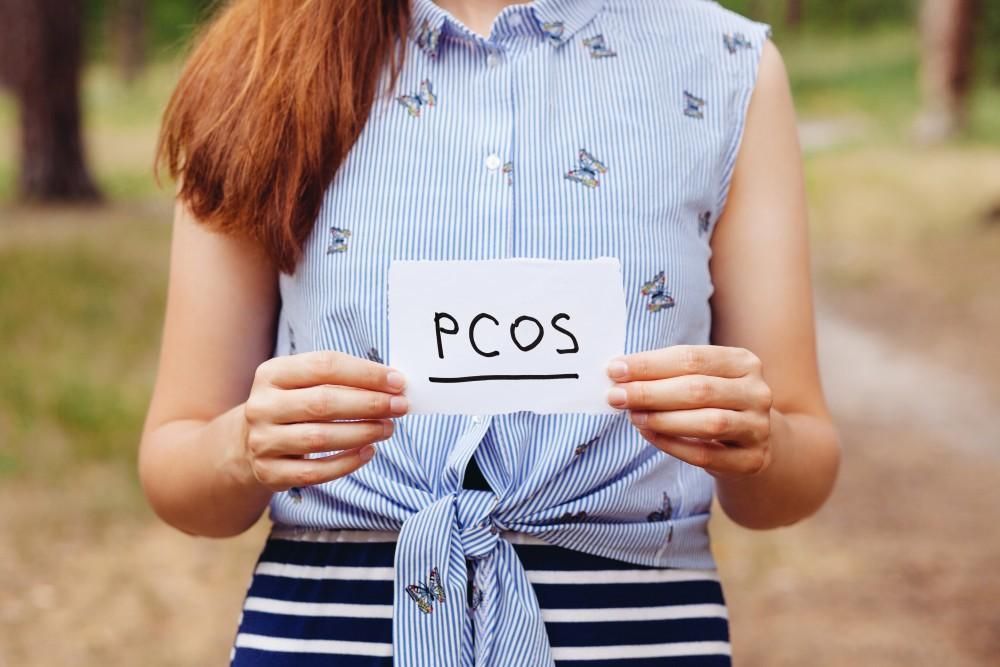Polycystic Ovary Syndrome (PCOS): What You Need to Know
- October 27, 2023

Polycystic ovary syndrome (PCOS) is a common endocrine disorder that affects women of reproductive age. It is characterized by irregular menstrual cycles, excess androgen (male hormone) levels, and small cysts on the ovaries.
The exact cause of PCOS is unknown, but it is thought to be caused by a combination of factors, including genetics, insulin resistance, and inflammation.
Polycystic Ovary Syndrome (PCOS) Symptoms:
- Irregular menstrual cycles
- Acne
- Hair growth on the face and body
- Weightgain
- Difficulty losingweight
- Infertility
Polycystic Ovary Syndrome Treatment Options :
There is no cure for PCOS, but there are Polycystic Ovary Syndrome Treatment treatments that can help manage symptoms and improve quality of life. Treatment options include:
- Weight loss
- Exercise
- Metformin (a medication that helps improve insulin sensitivity)
- Birth control pills
- Other medications to regulate hormones
If you are experiencing symptoms of PCOS, it is important to see a doctor for diagnosis and treatment.
Here are some additional things to keep in mind about PCOS:
- PCOS is a common condition, affecting about 1 in 10
- PCOS can be diagnosed through a physical exam, blood tests, and ultrasound.
- PCOS can affect women of all ages, but it is most common in women in their 20s and 30s.
- PCOS can increase the risk of infertility, heart disease, and
Manage & Improve Polycystic Ovary Syndrome (PCOS)
If you have been diagnosed with PCOS, there are many things you can do to manage your symptoms and improve your quality of life. These include:
- Getting regular exercise
- Eating a healthy diet
- Managing stress
- Getting enough sleep
- Staying hydrated
- Taking medication asprescribed
- Seeing your doctor regularly
If you are struggling to manage your symptoms, talk to your doctor. There may be other treatment options available to you.I hope this blog helps you learn more about PCOS.
Here are some lifestyle changes that can help manage PCOS:
- Losing weight: Even a small amount of weight loss can help improve symptoms of PCOS.
- Eating a healthy diet: Eating a healthy diet that is low in sugar and processed foods and high in fruits, vegetables, and whole grains can help balance hormones and improve insulin
- Getting regular exercise: Exercise can help improve insulin sensitivity and reduce stress, both of which can help manage PCOS.
- Managing stress: Stress can worsen symptoms of PCOS. Find healthy ways to manage stress, such as yoga or meditation.
If you have PCOS, it is important to work with your doctor to develop a treatment plan that is right for you. At Women Wellness of SA With proper PCOS treatment via best PCOS specialist, you can manage your symptoms and live a normal, healthy life.
Make appointment
Schedule Your
Visit Today
Secure your spot with our expert team for tailored healthcare solutions.
Conatct Us Form
"*" indicates required fields
